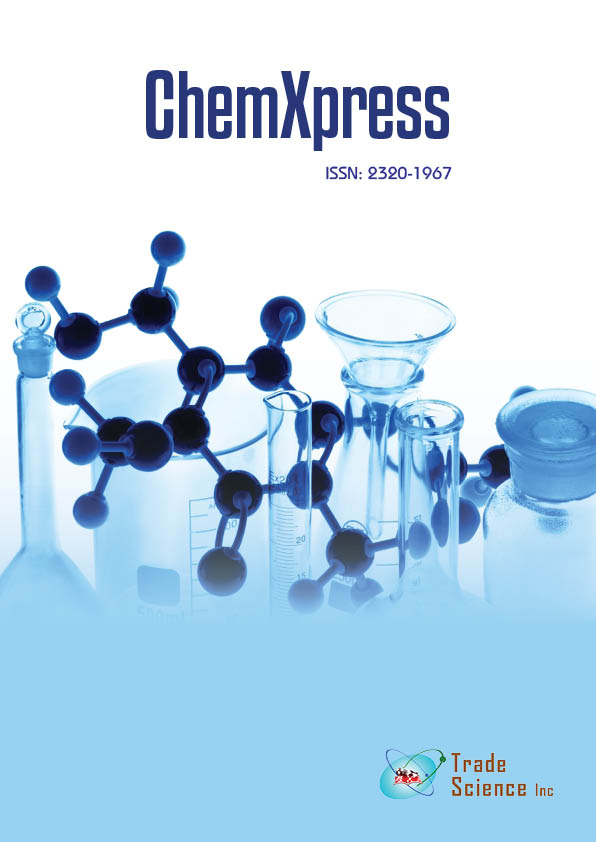抽象的
Invitro Studies in Coleus forskholii for Induction of Resistance Against a Fungal Toxin Lasiodiplodia theobromae
Chakravarthy R, Caroline Preethi S, Durga Devi P and Sadanandam A
Coleus forskholii is a perennial plant with high medicinal value, made up of an active component called forskohlii extracted from roots. It shows anti cancer properties, promotes weight and fat loss, increases lean body mass, reduces allergies, asthma (anti-histamine effect), lowers blood pressure, stomach and menstrual cramps. Forskholin functions as a platelet aggregation inhibitor, relaxes vascular smooth muscle, decreases intraocular pressure due to glaucoma, and has an anti-allergy[9] potential since it inhibits IgE- mediated release of histamine and peptide leukotriene from human basophils and mast cells. Coleus forskholii is a very serious soil borne disease caused by Lasiodiplodia theobromae. It is traditionally propagated by means of vegetable cuttings but it is time consuming and provides a limited number of propagules. In vitro propagation methods offer powerful tools for plant germplasm, conservation and multiplication. An attempt has been made to obtain in vitro plants modified by mutation such that they are resistant to a high concentration of toxin produced by the fungus.
